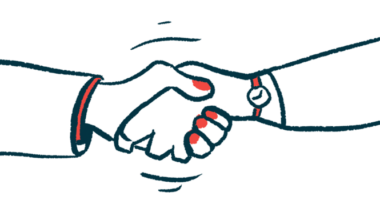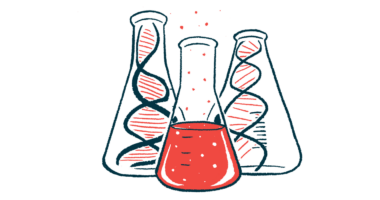Europe’s CHMP Supports Carvykti T-cell Therapy Approval in EU

Carvykti (ciltacabtagene autoleucel; cilta-cel) has been recommended for approval in Europe by the Committee for Medicinal Products for Human Use (CHMP), an arm of the European Medicines Agency (EMA), for eligible adults with relapsed and refractory multiple myeloma.
The CAR T-cell therapy will be available for patients who have received at least three prior lines of treatment, including a CD38 inhibitor, a proteasome inhibitor, and an immunomodulatory agent, and whose disease progressed on the most recent therapy.
“The positive CHMP opinion reinforces the potential of cilta-cel for patients with multiple myeloma around the world,” Ying Huang, PhD, CEO and CFO of Legend Biotech, the company that developed the therapy with Janssen Biotech, said in a press release. “We look forward to the EMA to the potential of European Commission approval in the future and continued progress in the development of cilta-cel.”
Carvykti is a type of immunotherapy wherein a patient’s T-cells — immune cells that can kill cancer cells — are collected and genetically modified to enhance their ability to fight cancer. This allows these T-cells to recognize and selectively kill cells containing the B-cell maturation antigen (BCMA), a protein found at high levels on the surface of myeloma cells. The modified T-cells are returned to the same patient.
This CHMP opinion follows Carvykti’s recent approval in the U.S., and both were based on positive data from the ongoing CARTITUDE-1 Phase 1b/2 clinical trial (NCT03548207).
The Janssen-sponsored study is testing Carvykti in 126 patients who already received at least three lines of treatment or failed to respond to a proteasome inhibitor and an immunomodulatory agent.
The Phase 1b part determined Carvykti’s optimal dose, while the Phase 2 part is assessing the proportion of patients who respond to treatment at a minimum of two years after infusion.
After a 22-month median, patients demonstrated a high response rate of 98%. A stringent complete response was seen in 83% of participants, suggesting an improved response over time.
Two-thirds of participants were alive and without signs of disease progression after two years. Most of those with available data (92%) tested negative for minimum residual disease — they had less than one cancer cell per 100,000 white blood cells — which was reached after a median of one month.
“Although significant advances have been made in the treatment of multiple myeloma, it remains a heterogenous disease that is challenging to treat,” Edmond Chan MD at Jassen, said in a separate press release. “Therapeutic innovations with novel mechanisms of action are urgently needed. Our focus is on bringing transformative treatments to the medical community, like [Carvykti], for patients with multiple myeloma in need of new options.”
In 2017, the two companies entered into an exclusive worldwide license and collaboration agreement to develop and commercialize Carvykti, which previously received breakthrough therapy status in the U.S. and China and priority medicines designation in the EU. It also was granted orphan drug status in the U.S., the EU, Japan, and Korea.
These designations help accelerate the therapy’s development and regulatory review, along with seven years of marketing exclusivity in the U.S. and 10 years in the EU, upon approval.
“At Janssen, we are resolute in our commitment to advance science and improve outcomes for patients diagnosed with multiple myeloma,” said Sen Zhuang, MD, PhD, at Janssen. “Today’s CHMP positive opinion marks important progress in the ongoing clinical development and registration of [Carvykti], globally.”







